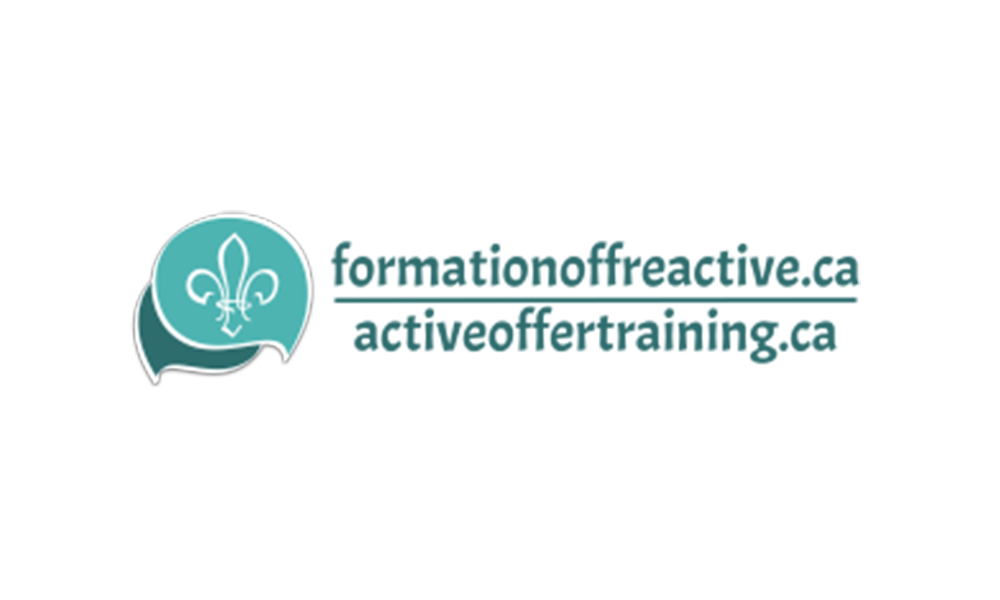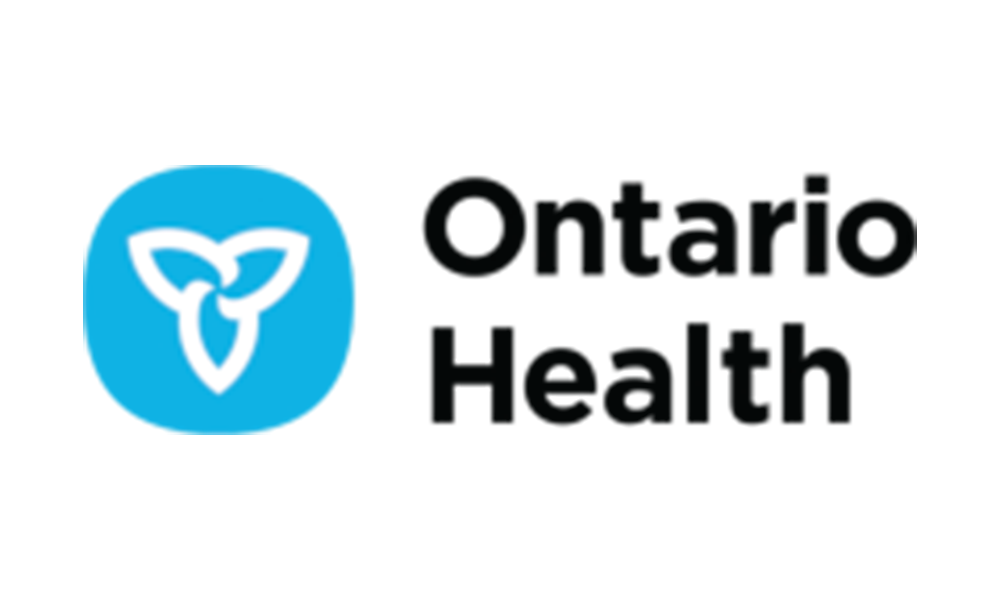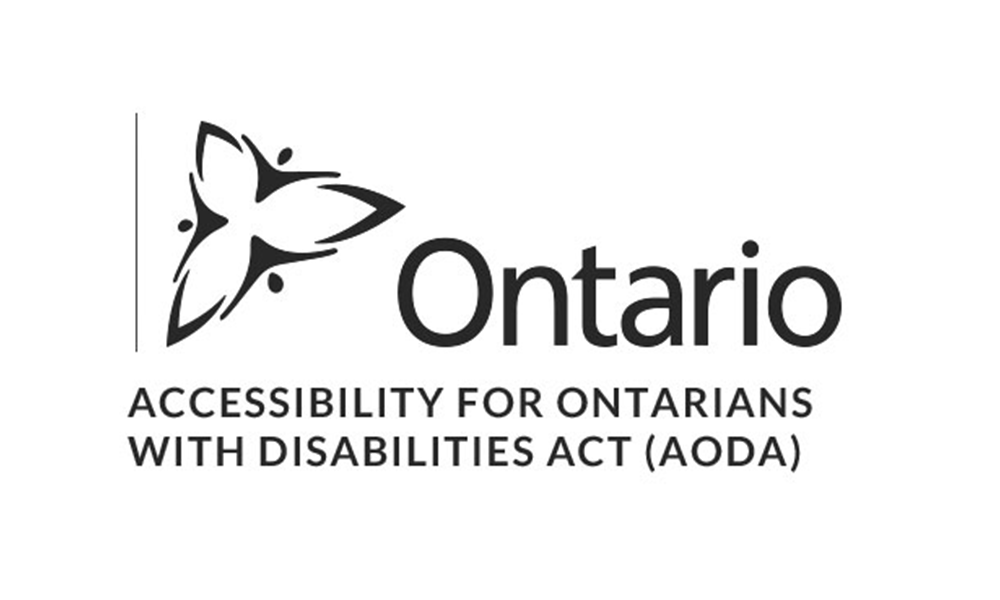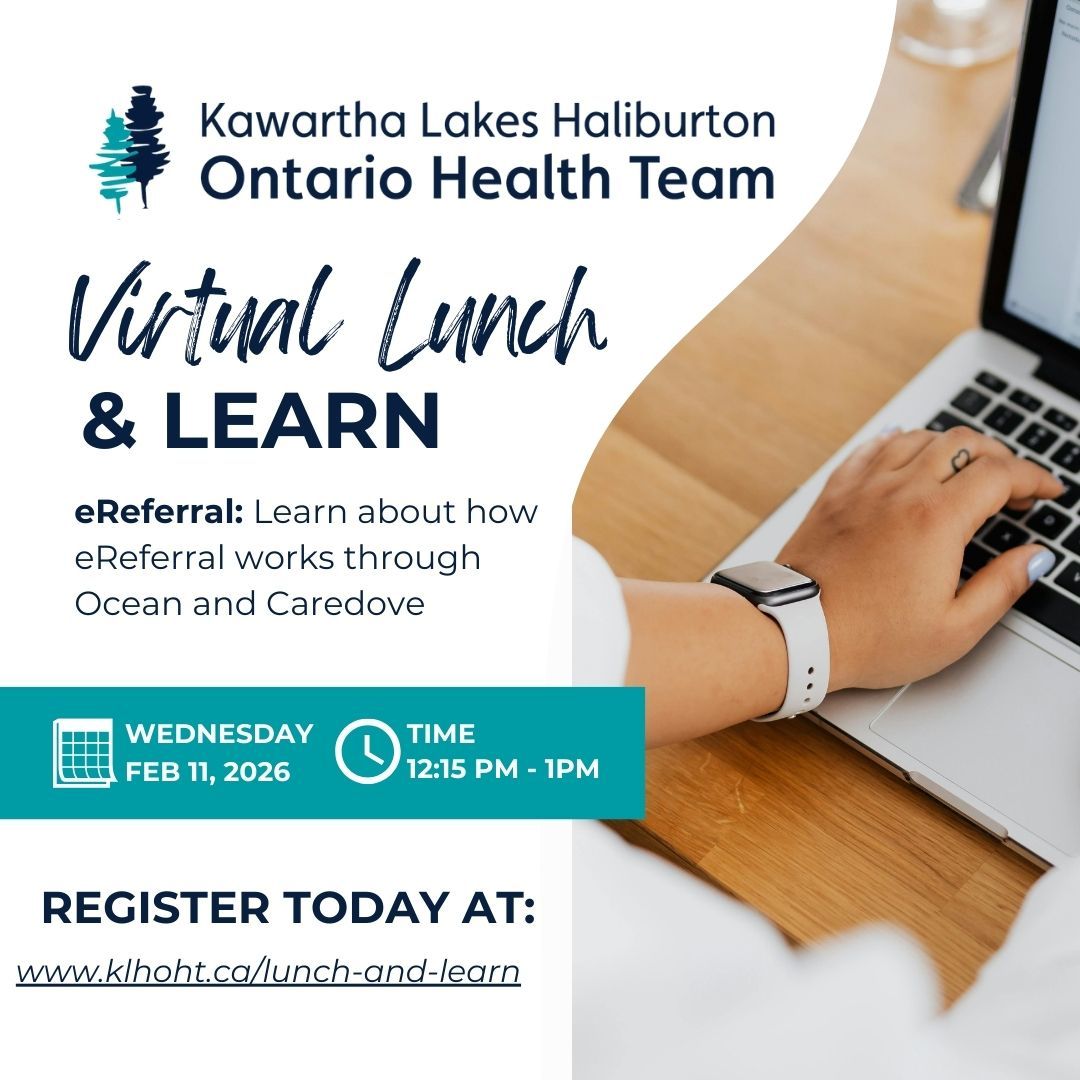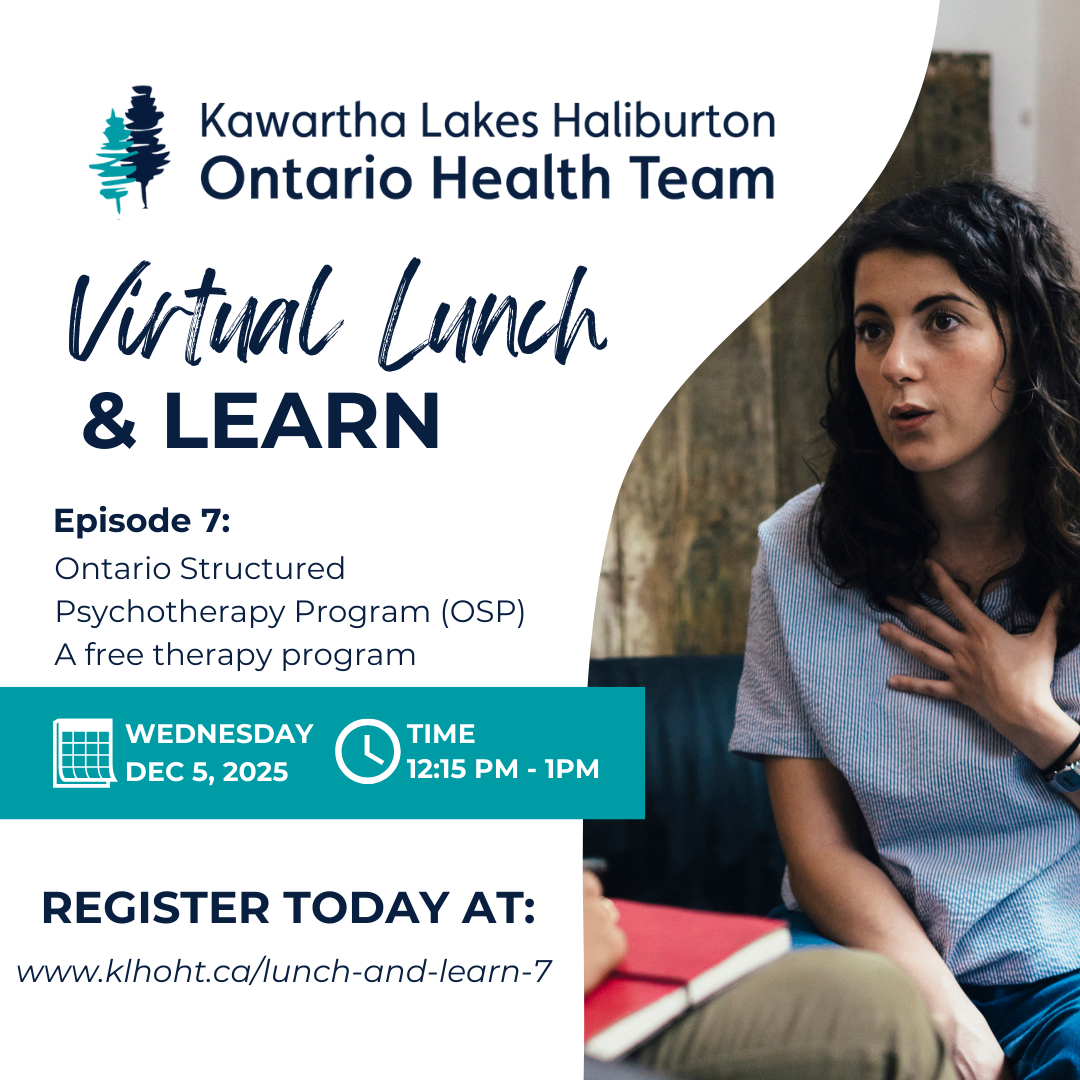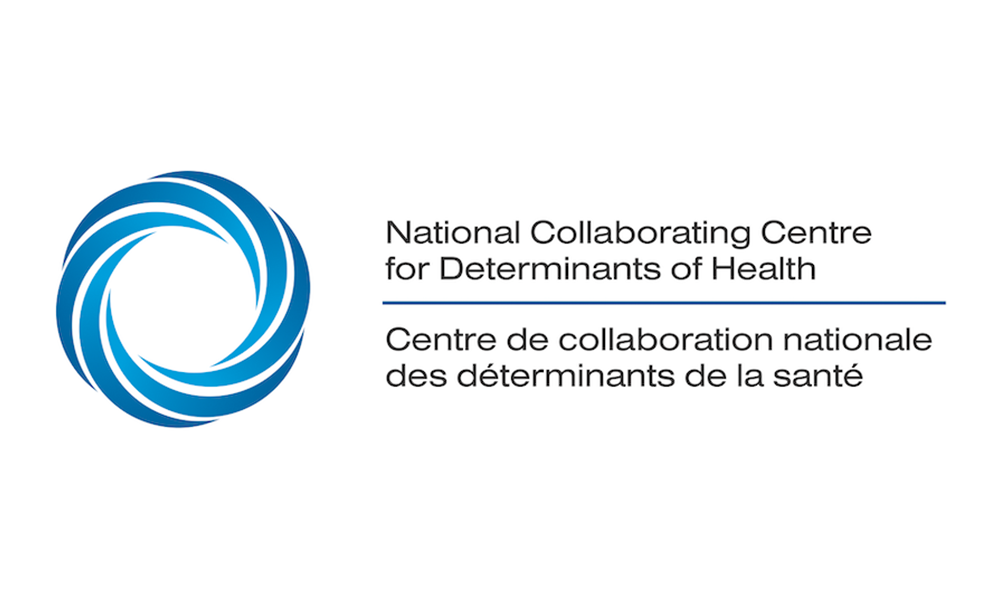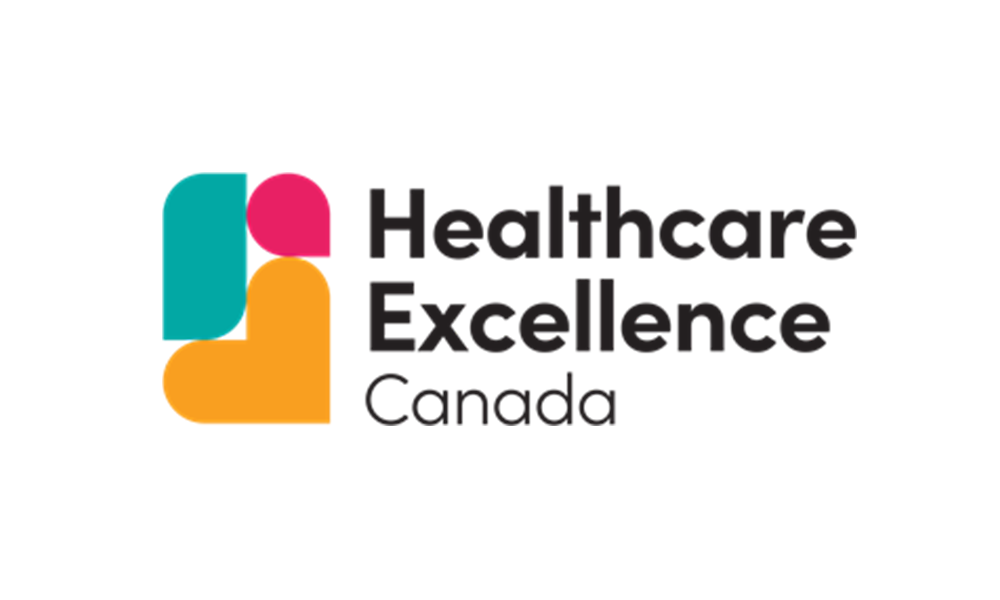New Family Doctors for Community Care City of Kawartha Lakes
City of Kawartha Lakes, November 15, 2022: The Kawartha Lakes Health Care Initiative (KLHCI) and Community Care City of Kawartha Lakes are pleased to announce that Dr. Elizabeth Morrison and Dr. Nivi Navaratnam have joined the Community Health Centre team.
Dr. Morrison received her Doctor of Medicine from the University of Ottawa (2017) and completed her Family Medicine Residency at Queen’s University (Peterborough and Kawartha Lakes site) in 2019. Dr. Morrison has provided locum services to the Community Health Centre over the past few years and is pleased to now join the clinic on a permanent part-time basis. Accepting the part-time position will allow her to continue to provide locum services to family physicians in the City of Kawartha Lakes and City of Peterborough.
Dr. Navaratnam received her Doctor of Medicine from McMaster University (2019) and completed her Family Medicine Residency at the University of Toronto in 2021. Dr. Navaratnam has been providing locum services to the Community Health Centre since August 2021 and is happy to now accept a full-time position. She has accepted the practice of Dr. Allison MacKay.
“Community Care City of Kawartha Lakes is very pleased to have both Dr. Morrison and Dr. Navaratnam join our team”, says Melinda Jayne Gilmour, Director, Clinical Services. Neither physician will be accepting new patients at this time as they will be caring for those that are already part of the Community Health Centre. Anyone wishing to be added to the Community Health Centre’s wait-list is asked to contact the Community Health Centre directly at 705-879-4100 (push 1).
Barb van der Veen, KLHCI Acting President, states that “even through this time of the COVID-19 pandemic, KLHCI is still actively recruiting family doctors for the City of Kawartha Lakes. We are very pleased that both Dr. Morrison and Dr. Navaratnam have accepted positions at the Community Health Centre.”
KLHCI and the Community Care Community Health Centre wish to thank Dr. MacKay for her dedication to her patients over the past two years and wish her well in her future endeavours.
The KLHCI Board of Directors has representation from throughout the City of Kawartha Lakes. The board is interested in adding new members. Being a member of KLHCI’s Board of Directors is an excellent opportunity to volunteer and be part of this vital component of our community health care, the recruitment and retention of family doctors. Anyone wishing to be part of this community effort by either volunteering or donating financially to support the ongoing family doctor recruitment and retention programs should contact Cindy Snider, Recruitment & Retention Coordinator at 705-328-6098 or visit the KLHCI website at www.KawarthaLakesDoctors.org.
Community Care City of Kawartha Lakes is very pleased to have both Dr. Morrison and Dr. Navaratnam join our team"
- Melinda Jayne Gilmour, Director, Clinical Services
Share this Post
More News

